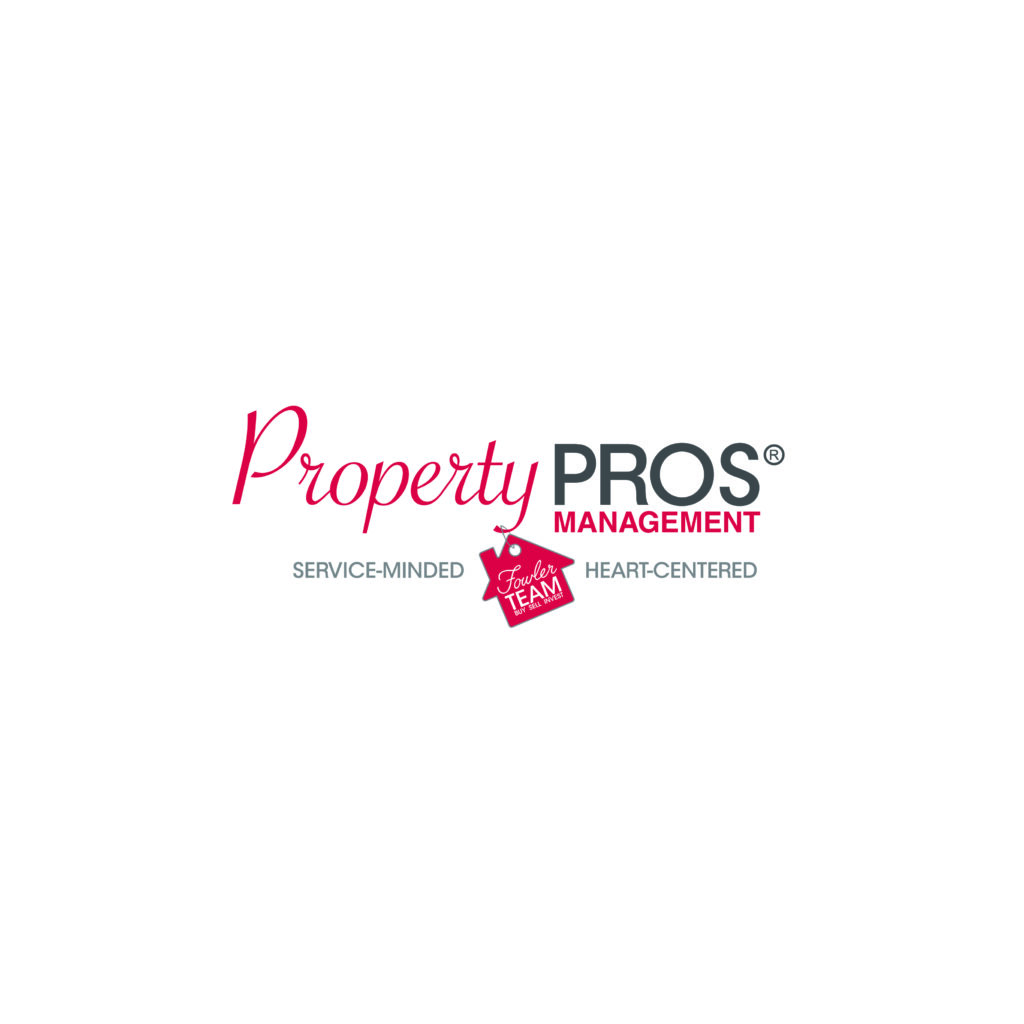7 Secrets for Saving Thousands When Financing Your Home
It pays to do your homework! Your knowledge about home financing can mean the difference between making or losing tens of thousands of dollars. Here are seven strategies (I call them “secrets” because so many people disregard them when buying a home) you should consider when financing your home:
Secret #1: Clearly Understand How Much Home You Can Afford
Bankers and mortgage lenders use two guides to determine how much loan you can afford:
Payment-To-Income Ratio. This compares your income to the mortgage payment you’re considering. The “payment” is the mortgage payment (principal + interest) plus property taxes and insurance (PITI).
Debt-To-Income Ratio. This refers to all your major monthly financial obligations, including car and credit card payments and outstanding debts. Your lender will compare your total debt to your ability to make current payments with your new home loan added into the equation.
Here’s the key: since each mortgage company sets different limits on your debt-to-income ratio, you need to find a lender who is motivated to loan you the money.
Secret #2: Be Financially Prepared – Ahead of Time!
Before you start looking for a home…
- Find a MOTIVATED lender. Ask a REALTOR® to refer one or two reputable lenders to you. The lender will usually give you better service because they want to keep getting referrals.
- Get pre-APPROVED not just pre-qualified. You’ll have more power to negotiate the price and terms you want because sellers know you can close on the transaction.
- Have deposit funds available immediately. Write a check to your broker or title company for 3 percent of the highest price you’ve been approved for with financing. A trustworthy REALTOR® can hold it un-cashed, so you can demonstrate that funds are ready and gain a competitive advantage if the seller gets multiple offers.
Secret #3: Understand The Basics of Home Financing.
Your ability to afford a home will be related to:
- The price
- Your down payment, and the amount you will finance
- The interest rate and points of your loan
- The term of your loan: 15-year, 30-year
- The type of your loan. Fixed vs. variable rates are common but there are many loan packages to choose from.
To shop for the best financing, do your homework. Study each of these items and the relationship between them so you can understand what your mortgage lender is talking about. Knowing these specifics will help you choose the loan that will be the best deal for your situation.
Secret #4: Know The “Insider Secrets” Mortgage Lenders Use To Take Money Out Of YOUR Pocket!
Here’s the secret: Many of the fees and costs are negotiable. And if they’re not, you can certainly learn how to judge one loan program from another. Learn the lingo to spot negotiable fees:
- ORIGINATION FEE: what most mortgage companies charge to “originate” a loan. Traditionally, it’s 1 percent of your total loan amount; if it’s more, ask why.
- DISCOUNT POINTS: pre-paid interest amounts that can be used to buy down, or lower, your interest rate over the life of your loan.
- LOCK PERIOD: the period of time a quoted interest rate/discount point combination can be guaranteed. The shorter the lock, the lower the rates.
- JUNK FEES: small items such as document preparation, underwriting fees that lenders can mark up to generate extra profit.
Secret #5: Questions You MUST Ask A Mortgage Lender
When you meet with a lender, be prepared to ask questions. You have a right to this information and a lender will answer them without hesitation. Here are some examples:
- Will I be charged an origination fee? If so, how much?
- Will I be charged separate discount points? If so, how much?
- Will I be charged any of these separate fees: processing, document preparation, underwriting, tax service or flood certification?
- Will there be additional fees at closing?
- Is there a Lock Period with this loan? If so, how long?
Secret #6: Work Out A Cost Comparison On Several Lenders To Locate The Perfect Loan!
Take time to evaluate one program against another. As you are evaluating, think about your long-term goals. How long do you think you’ll own this home? Is your income going to change in the near term? What direction are interest rates going? When you talk to several lenders, you get a good picture of all the costs you’ll have to pay to get the right home loan for you.
Copyright Forte Communications, Inc.
